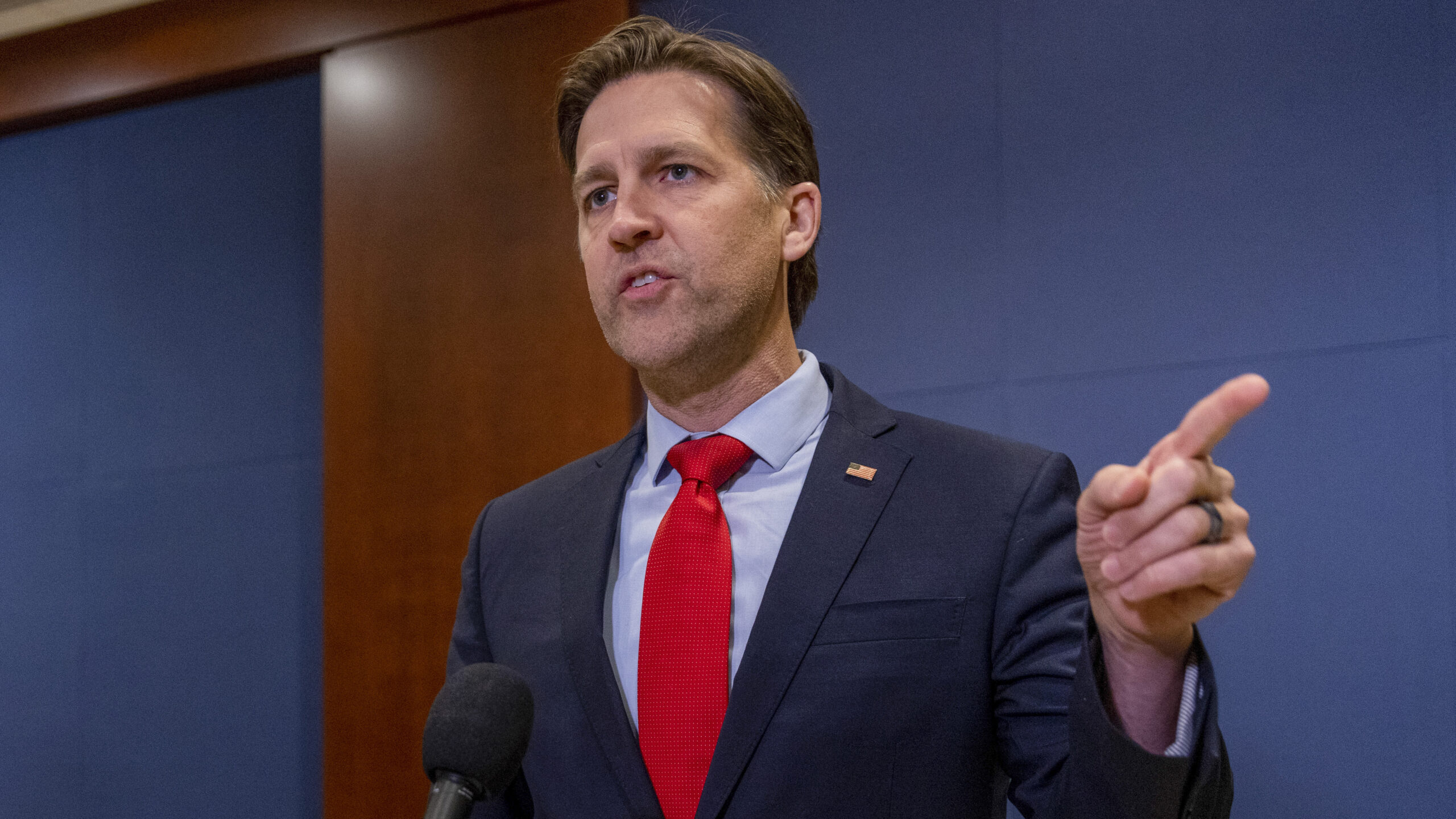Standardized education may hinder potential prodigies: Study.
A New Perspective on Education: Re-Humanising the Learning Experience
A dynamic duo of North American intellectuals is set to challenge the status quo of modern education at an upcoming conference in London. Stephen Blackwood, the visionary president of Ralston College in Georgia, and Bernadette Guthrie, a distinguished professor at the University of Toronto, will present their thought-provoking paper titled “Re-Humanising Education.” This groundbreaking work will be showcased at the highly anticipated inaugural conference organized by the Alliance for Responsible Citizenship later this month. Notable attendees include influential intellectuals like Jordan Peterson and Jonathan Haidt, as well as esteemed political figures such as Senator Mike Lee (R-UT) and several members of the United Kingdom parliament.
Challenges to Modern Education: A Wake-Up Call
Blackwood and Guthrie’s paper boldly identifies three critical challenges plaguing modern education: standardization, the “loss of meaning,” and a “crisis of attention.” According to the authors, these issues have collectively contributed to a deplorable state of education that fails to nurture brilliant minds on par with historical luminaries like abolitionist Frederick Douglass, literary genius Jane Austen, and artistic virtuoso Peter Paul Rubens.
The authors argue that contemporary education, particularly in higher institutions, has succumbed to a one-size-fits-all approach that disregards the unique qualities of individuals. Meanwhile, depression rates have skyrocketed, and attention spans have dramatically dwindled, leading to a society that shuns delayed gratification.
Embracing the Rich Tapestry of Educational Practices
Blackwood and Guthrie emphasize the importance of exploring alternative educational practices that have been overshadowed by institutionalized modes of learning. These practices, born out of necessity due to material deprivation or institutional exclusion, showcase the ingenuity and wisdom of countless individuals and communities. By delving into this educational heritage, we can navigate the challenges of our time with wisdom and discernment.
The authors highlight the diverse forms education has taken throughout history. From Alexander the Great, who studied in the Greek “gymnasium” under Aristotle, to 11th-century nun and philosopher Hildegard of Bingen, who found her classroom within the walls of a monastery. They also delve into English bishop John Henry Newman’s renowned description of a university, Jane Austen’s home education, Frederick Douglass’s self-instruction, and Peter Paul Rubens’ membership in an artistic guild during the late 1500s.
Unlocking Human Potential: A Call for Change
In an interview with the Washington Examiner, Blackwood passionately expressed that the core focus of their paper is the actualization of human potential and realization. He emphasizes that each individual is unique, and therefore, a range of diverse educational approaches is necessary to enable individuals to truly flourish.
Blackwood aims to challenge the prevailing notion that college is the only path to success and fulfillment. He believes that this idea is flawed and hopes that their paper will inspire policymakers and educators to reconsider the value of vocational training. He advocates for a significant expansion of pathways that acknowledge and embrace the remarkable diversity of human beings.
Rethinking Education: A Call for Sanity
“College is a good pathway forward for many people, but not for all people,” Blackwood asserts. He urges society to think rationally about the multitude of ways in which individuals can realize their unique potential. It is time to embrace the vast array of possibilities available to us and approach them with the seriousness they deserve.
Why do Blackwood and Guthrie advocate for re-humanizing the learning experience and prioritizing the holistic development of individuals over standardized metrics of success in education
Ncredible resilience, creativity, and resourcefulness of individuals. The authors argue that by incorporating these practices into mainstream education, we can create a more diverse and inclusive learning experience that better caters to the needs of each student.
Furthermore, Blackwood and Guthrie advocate for a reimagining of the role of educators. They propose that teachers should not merely be facilitators of knowledge, but rather mentors who foster critical thinking, creativity, and empathy in their students. By shifting the focus from a purely content-driven approach to education, students can develop the necessary skills to navigate an ever-changing world and become active contributors to society.
A Call to Action: Re-Humanising the Learning Experience
Blackwood and Guthrie’s paper serves as a call to action for educators, policymakers, and society as a whole. They urge us to reconsider the purpose of education and to prioritize the holistic development of individuals over standardized metrics of success.
They advocate for the cultivation of curiosity, resilience, and adaptability in students, as well as the fostering of a sense of wonder and appreciation for the arts, humanities, and sciences. By re-humanizing the learning experience, we can empower students to think critically, communicate effectively, and engage with the world in meaningful ways.
The upcoming conference in London will undoubtedly spark lively debates and ignite a passion for change in the field of education. The collaboration between Blackwood and Guthrie exemplifies the power of interdisciplinary thinking and the potential for transformative ideas to take shape.
As we reflect on the state of education, let us embrace the vision put forth by these visionary intellectuals. Let us dare to challenge the status quo and work towards a learning experience that celebrates diversity, fosters creativity, and instills a lifelong love for learning. Only through this re-humanization of education can we truly equip future generations with the necessary tools to shape a brighter and more compassionate world.
" Conservative News Daily does not always share or support the views and opinions expressed here; they are just those of the writer."





